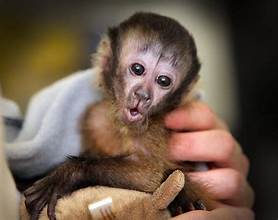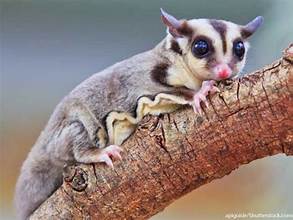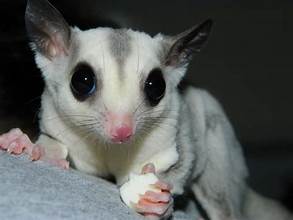Exotic pets, such as monkeys and primates, are often regarded as cute, intelligent, and fascinating creatures. With their human-like behavior and playful personalities, it’s no surprise that many people are curious about having one as a companion. But before you swing into monkey ownership, it’s crucial to understand what it takes to care for a primate.
.
Pros of Owning a Monkey
1. Highly Intelligent and Engaging
Primates are incredibly smart. Many species can learn tricks, solve puzzles, and even use basic tools. This intelligence makes them entertaining and interactive.
2. Strong Bonding Potential
Some monkeys form very close emotional bonds with their owners, exhibiting behaviors similar to those of human toddlers in terms of attachment and dependence.
3. Unique and Fascinating Companions
Having a pet monkey is a one-of-a-kind experience. Their personalities, problem-solving behavior, and curiosity can be a constant source of interest.
4. Social Animals with Complex Behavior
Monkeys can exhibit complex emotions and social behaviors, providing owners with insight into a unique form of animal communication and interaction.
Cons of Owning a Monkey
1. Legal Restrictions and Permits
Not all states or countries allow primates as pets. Many require special permits, which can be difficult and expensive to obtain. In some regions, such as New York City, they are entirely illegal. It’s crucial to check your local laws and regulations before considering a pet monkey. Failure to do so can result in serious legal trouble and the potential confiscation of your pet.
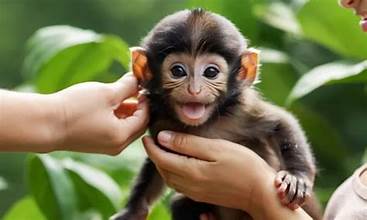
Check your state laws first! This can prevent serious legal trouble.
2. Extremely High Maintenance
Primates require large enclosures, constant stimulation, and a very specific diet. A bored or stressed monkey can develop serious psychological issues, including aggression and self-harm.
3. Expensive to Care For
Monkey ownership can be incredibly expensive. Expect costs like:
- Vet bills (finding an exotic vet is tough, and a single visit can cost hundreds of dollars)
- Special diets (fruits, veggies, insects, supplements)
- Custom habitats
- Enrichment items
Annual costs can range from $3,000 to $8,000 or more.
4. Aggression and Biting
Monkeys may become territorial or aggressive, especially during puberty. Even smaller monkeys, such as Capuchins, can bite and scratch. These behaviors can be unpredictable and dangerous, especially around children.
5. Long Lifespan and Commitment
Some monkeys live 20–40 years in captivity. Owning one is a lifelong commitment that’s similar to raising a child—but without the benefit of eventual independence.
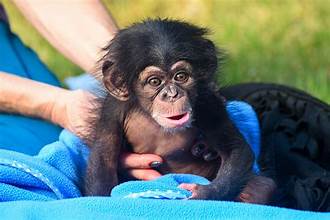
6. Not Fully Domesticated
Unlike dogs or cats, monkeys are not domesticated animals. Even with training, they retain wild instincts, which can lead to unpredictable and potentially dangerous behaviors such as sudden aggression or escape attempts. This can create significant risk in the home, especially for those who are not experienced with primate behavior.
Is a Pet Monkey Right for You?
If you’re considering owning a monkey, ask yourself:
- Can I commit to this animal for 20+ years?
- Do I have the time, money, and space for proper care?
- Am I aware of and compliant with local laws?
- Do I have access to an experienced veterinarian who specializes in exotic animals?
If the answer is “yes” to all of these, you still need to research species-specific behavior, consider rescue or sanctuary options, and prepare for an intense lifestyle change.
Final Thoughts: Think Before You Adopt
While owning a monkey may sound like a dream come true, the reality is much more complex. For most people, the emotional, financial, and legal demands associated with owning a monkey make it impractical or even harmful to the animal. Many experts recommend supporting monkey sanctuaries or adopting from a rescue instead of purchasing one.

